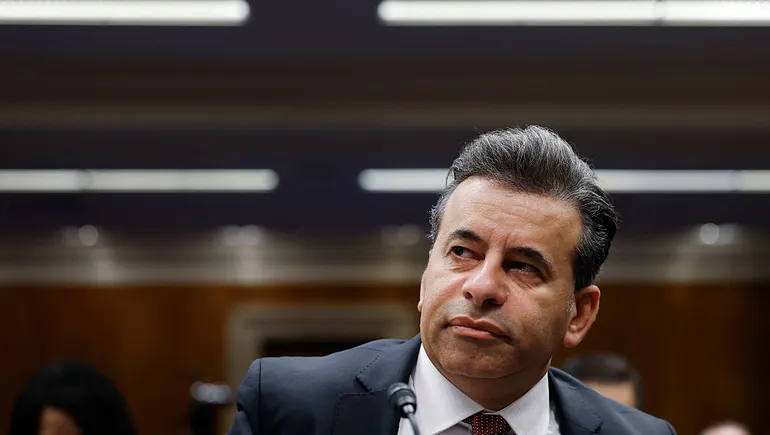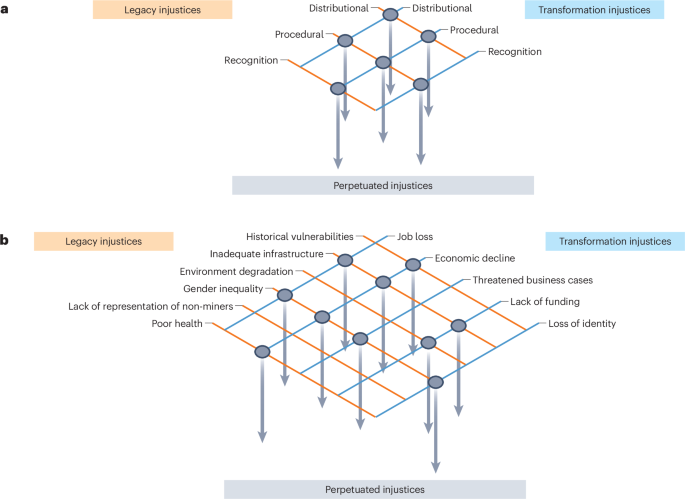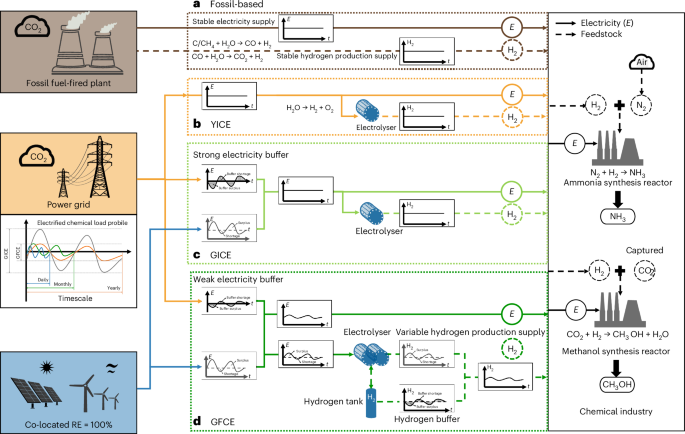The Singular Role of Public Pension Funds in Corporate Governance
Among institutional investors, public pension funds hold a uniquely public and potent position. With over $5 trillion in assets under management, these funds influence corporate governance, ESG initiatives, and economic development far beyond their nominal mandate of managing the retirement money of public employees. Yet, the prevailing legal and policy framework is anchored in a […]

Jill E. Fisch is the Saul A. Fox Distinguished Professor of Business Law at the University of Pennsylvania Carey Law School, and Jeff Schwartz is the Hugh B. Brown Presidential Professor of Law at the University of Utah S.J. Quinney College of Law. This post is based on his recent article, forthcoming in the Texas Law Review.
Among institutional investors, public pension funds hold a uniquely public and potent position. With over $5 trillion in assets under management, these funds influence corporate governance, ESG initiatives, and economic development far beyond their nominal mandate of managing the retirement money of public employees. Yet, the prevailing legal and policy framework is anchored in a doctrine that we term “beneficiary primacy,” which posits that fund managers must act solely in the economic interest of pension beneficiaries. In our article, forthcoming in the Texas Law Review, we argue that beneficiary primacy fails to capture the singular structure and role of public pension funds and subjects them unduly to litigation risk. Instead, our article proposes a fundamental reconceptualization: public pension funds should be understood not as intermediaries whose managers are fiduciary-bound to serve passive beneficiaries, but as principals imbued with public values and run in accordance with those values.
We start with an overview of the structure, investment policies, and governance initiatives of four major public pension funds. What stands out from this overview and distinguishes public pension funds, in part, from their investment fund peers, is that public pensions are publicly accountable government agencies. State laws, legislatures, and boards elected by diverse constituencies drive decision-making. We also briefly recount the history of public pension fund engagement in corporate governance. As we explain, public pension funds have played a paradigm shifting role–pioneering socially responsible investing, serving as catalysts for governance changes that have increased management accountability through greater shareholder empowerment, and spearheading the drive to make corporations more sustainable.





















































































































































